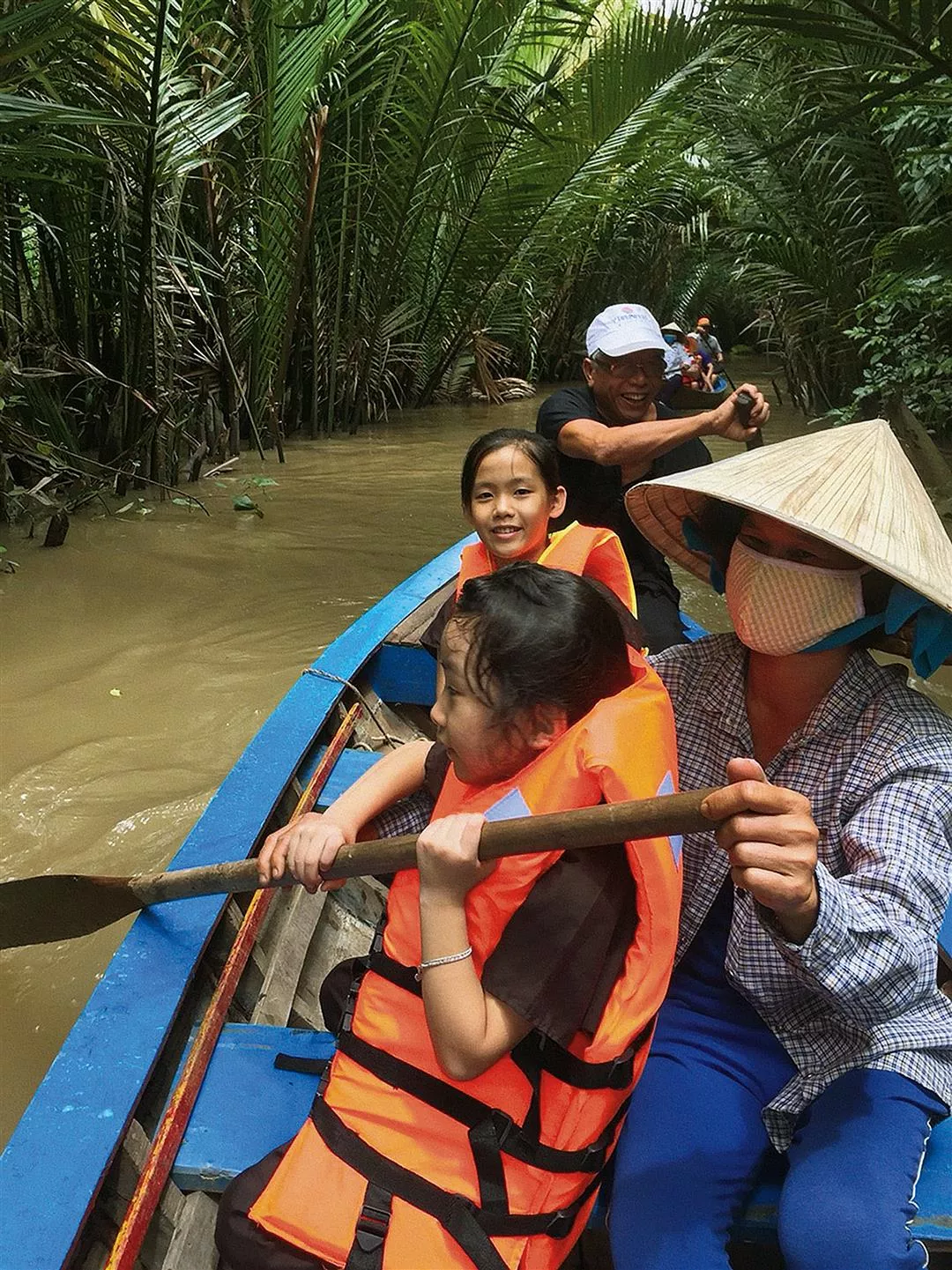Nguyen Thi My Huong graduated from Hue University’s College of Education in 2002 and came to Taiwan in 2005 to pursue a master’s degree in Chinese Literature at National Sun Yat-Sen University. After completing that degree in 2008, she continued on to doctoral level, finally receiving her PhD in 2016 after eight years of hard graft. Over her 11 years of study in Taiwan, besides earning her two postgraduate degrees she published 11 conference papers and four journal articles, and in the meantime also acquired a Taiwanese husband and a lovely daughter.
She also has 15 years’ experience as a teacher of Vietnamese and has worked with Vietnam-based Taiwanese companies on industry‡academia projects. It was these experiences that led to publisher Linking Books seeking Huong out and asking her to write two books on business Vietnamese, designed to meet the needs of businesspeople in Vietnam and with an emphasis on practical and efficient language.
Practical and efficient could also be an accurate portrait of Huong herself. She grew up in a family that was of scant means, but very close and mutually supportive. Her mother, an elementary school teacher, was the family breadwinner. Her father, meanwhile, had been injured in the war, but with the meager state support not enough to raise children on, he turned to farming. Huong is their eldest daughter and worked her way through university, earning enough to pay for tuition and living expenses while also saving a little to send home to help her younger siblings pursue higher education and lighten the load on their parents. “My little sister graduated with a medical degree, and my little brother also completed university. Now both of them have good jobs, which is a huge relief for me,” she says.

Nguyen Thi My Huong and her daughter on a visit to Vietnam to holiday with Huong’s family. (courtesy of Nguyen Thi My Huong)